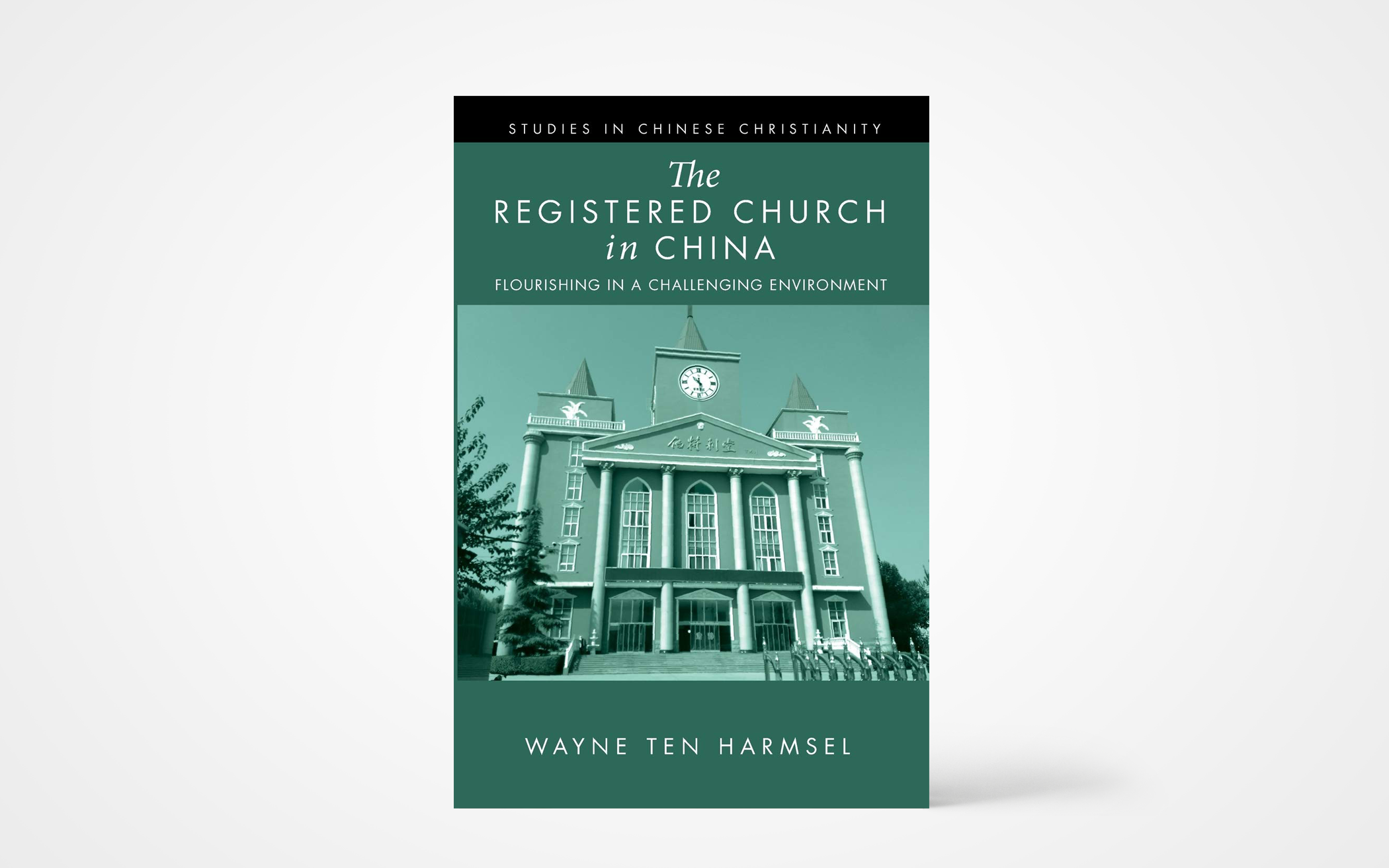This book by a long-time Christian Reformed missionary to China brings attention to a part of Chinese Christianity which, in the author’s words, has not received “a fair shake from both inside and outside of China.” Wayne Ten Harmsel spent 12 years in China working with registered churches in Beijing. He also directed the Calvin University Semester in China for a decade.
To the English-speaking world, the registered or state-sanctioned churches in China have been depicted either as a token of religious freedom or as a co-opted body of believers compliant with the Chinese regime. By narrating his encounters and experiences, Ten Harmsel argues that neither does justice to reality. A balanced approach requires long-term commitment and patience. The author certainly has this quality, and that is why this book is a worthy contribution.
In six chapters, Ten Harmsel details topics ranging from the history, core doctrines, demographics, governing structures, and worship and finances of some local congregations in the registered church system, to their challenges and tensions with both the regime and with unregistered church groups. Each chapter begins with a journal entry, ushering the reader into a personal and contextualized experience.
Chapter 4 provides insight into how China’s New Religious Affairs Regulations affected the ongoing dynamic between the registered church and the Chinese authorities. Here the gap between Western perception and reality widens. The author explains how laws and their enforcements in China might not align with each other right away. What followed the much-feared new regulations was in fact a time of moderation when “the government is willing to call a truce,” albeit after the closing of four of the most politically vocal unregistered churches in China. Ten Harmsel describes how the new regulations led to a dynamic between insiders and outsiders. He also delves into a variety of sects in today’s Chinese religious landscape. Decades of economic liberalization have facilitated their growth, and the government has had to redraw some boundaries.
Chapter 6 reckons with the “Great Divide” in Chinese Protestantism, the antagonistic relationship between the registered church system and unregistered groups in China. As Ten Harmsel points out, both sides continue to perpetuate myths about each other, making mutual understanding, dialogue, and appreciation difficult goals to achieve. Issues about pastoral power and authority also aggravate the situation, with pastors in registered churches criticizing their counterparts in unregistered groups for building up individual prestige and authority, while being vilified by the latter for yielding to the regime in the first place. Despite these escalated frictions after the new regulations, the author also details encouraging signs of local collaborations.
In the last two chapters Ten Harmsel adopts a more analytical lens when reflecting on the strengths and weaknesses of the registered church. He affirms the resilience and vibrancy of many local pastors and congregations. Messages of hope and unity continue to spring from the churches despite ongoing political difficulties and distractions from the world’s fastest-growing consumerist society.
This book offers not only a much-needed update on church-state relationship in today’s China but also shows the work, observations, and networking of one Christian Reformed missionary in China. (Wipf and Stock)
About the Author
Mary Li Ma is a member of Plymouth Heights CRC church in Grand Rapids, Mich. She holds a Ph.D. from Cornell University and now works as a research analyst for a national research center on education equity.

